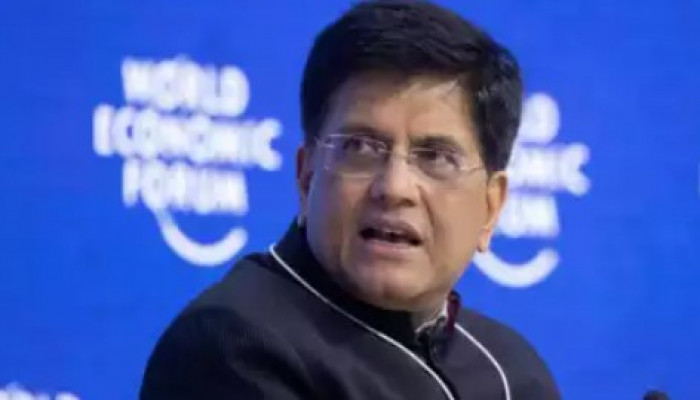Indian team boycotts Thai representatives at WTO talks
- In Reports
- 04:05 PM, Feb 29, 2024
- Myind Staff
Thailand's ambassador to the WTO, Pimchanok Vonkorpon Pitfield, sparked a diplomatic controversy by accusing India of using 'subsidized' rice intended for the public distribution system to gain an advantage in the export market.
This accusation prompted a strong protest from the Indian government, leading Indian negotiators to abstain from participating in certain group deliberations where a representative from Thailand was present.
During a consultation meeting the Thai ambassador's comment received support from representatives of some wealthy nations, much to the displeasure of the Indian delegation.
Thailand is perceived to be advocating on behalf of countries such as the US, European Union, Canada, and Australia, who have collectively obstructed a permanent resolution to public stockholding for over a decade.
Officials confirmed that they have lodged a strong protest with the Thai government. Commerce and Industry Minister Piyush Goyal addressed the matter directly with USTR Catherine Tai and EU Executive Vice-President Valdis Dombrovskis, emphasizing that the language and behaviour were deemed unacceptable.
Government officials informed TOI that the Thai ambassador had inaccurately presented the facts, as only approximately 40% of the produce is procured by government agencies to fulfill food security obligations. A portion of the remaining quantity, which is not procured by government agencies, is exported from India at market price.
In recent years, the global market share of Indian rice has increased, leading to discontent among Western nations due to recent export restrictions. Developed countries have attempted to depict India as distorting global trade by selling subsidized food grain internationally, although officials refute this claim.
Officials have highlighted that the rules were structured in a manner that favoured wealthy nations, with the reference price for subsidy calculations set at levels from 1986-88. Consequently, any price above Rs 3.20 per kilogram of wheat was considered a subsidy.
India exceeds the prescribed ceiling of 10% of the value of production for rice under a flawed formula. However, it cannot be taken to the WTO due to an agreement among member nations to avoid disputes until a new formula is established. Despite over a decade passing, wealthy nations have yet to address this critical issue affecting poor and developing nations.
The US and EU are now proposing to tie the resolution of this issue to a broader reform of global farm trade, which includes reducing subsidies and import duties. However, due to current global dynamics and domestic political considerations, particularly in the EU, there is a reluctance to discuss lowering import duties. Consequently, the issue of public stockholding has been sidelined for two years.
An Indian negotiator expressed that post-Covid, countries have recognized the importance of food security as a component of national security. They emphasized the necessity to address food security concerns before other matters. Additionally, the negotiator criticized the language used by some countries as unacceptable.
Image source: Times of India







Comments